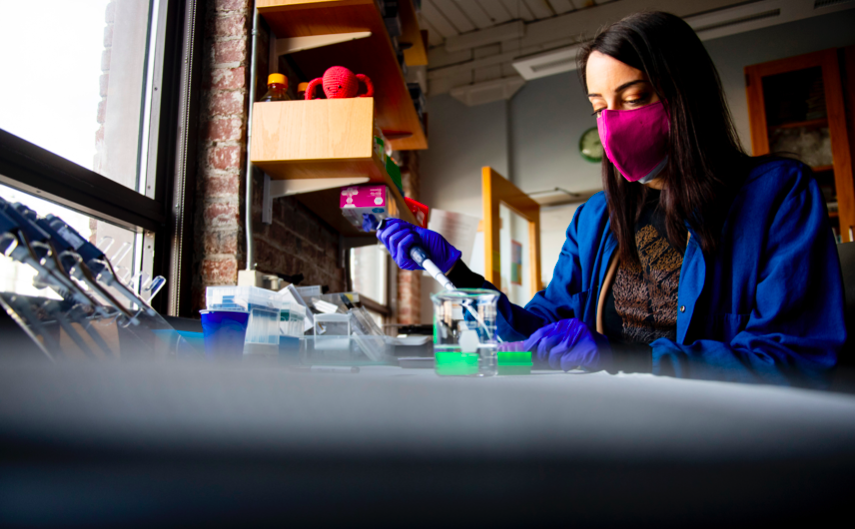After decades of research, scientists have developed countless therapeutics to improve human health. But they’ve also created a problem. Many of these drugs don’t work as well for half of the population—that is, the female half. Women are also more often misdiagnosed for a variety of ailments, including stroke and ADHD.
The root of this widespread public health inequity lies in mice and other animal research models. Up until very recently, the vast majority of basic science researchers used only male animals and cells in their studies. This has led to an incomplete understanding of how certain drugs work in both genders, and in some cases, dangerous health consequences for women. A recent study found that women experience adverse drug reactions nearly twice as often as men.
“The health outcomes are known, and they are very troubling and problematic,” says Rebecca M. Shansky, associate professor of psychology at Northeastern University. Shansky is a neuroscience researcher who studies sex differences in the brain. She has been an outspoken advocate for the importance of using both genders in scientific studies, and has helped debunk the myth behind the use of male subjects in animal studies: that hormone variations in female mice complicate research more than hormone variations in males.
Read the full story at News@Northeastern

